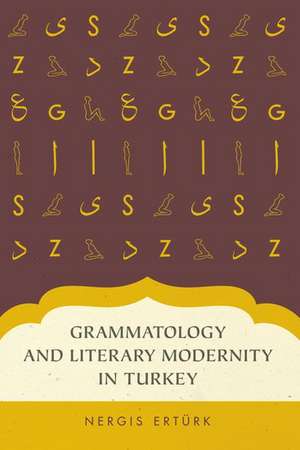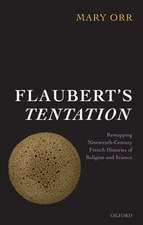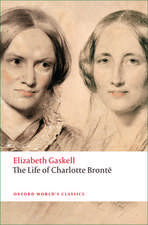Grammatology and Literary Modernity in Turkey
Autor Nergis Erturken Limba Engleză Paperback – 12 dec 2013
| Toate formatele și edițiile | Preț | Express |
|---|---|---|
| Paperback (1) | 301.83 lei 31-38 zile | |
| Oxford University Press – 12 dec 2013 | 301.83 lei 31-38 zile | |
| Hardback (1) | 627.25 lei 31-38 zile | |
| Oxford University Press – 3 noi 2011 | 627.25 lei 31-38 zile |
Preț: 301.83 lei
Preț vechi: 329.37 lei
-8% Nou
Puncte Express: 453
Preț estimativ în valută:
57.75€ • 60.52$ • 47.74£
57.75€ • 60.52$ • 47.74£
Carte tipărită la comandă
Livrare economică 31 martie-07 aprilie
Preluare comenzi: 021 569.72.76
Specificații
ISBN-13: 9780199349777
ISBN-10: 0199349770
Pagini: 240
Ilustrații: 5 halftones
Dimensiuni: 156 x 234 x 14 mm
Greutate: 0.37 kg
Editura: Oxford University Press
Colecția OUP USA
Locul publicării:New York, United States
ISBN-10: 0199349770
Pagini: 240
Ilustrații: 5 halftones
Dimensiuni: 156 x 234 x 14 mm
Greutate: 0.37 kg
Editura: Oxford University Press
Colecția OUP USA
Locul publicării:New York, United States
Notă biografică
Nergis Ertürk is Assistant Professor of Comparative Literature at Penn State University.
Recenzii
In this ground-breaking study of modern Turkish literature, Erturk explores the insistent presence of the unheimlich in the work of novelists who, by supporting the vernacularization and purification of the Turkish language, aspired to found a unitary self-identity but ended up writing a narrative of profound self-alienation.
















